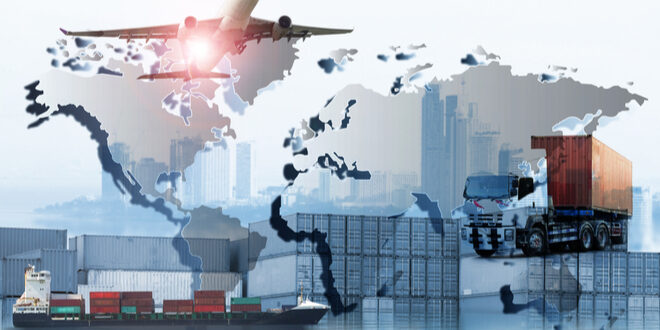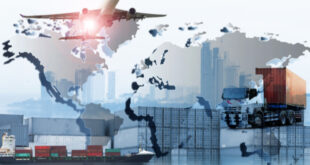By John W. Tulac
For the last ten weeks, tiny Hong Kong has been playing an increasingly dangerous game of Poke-the-Bear with China. As protests have turned increasingly chaotic and even violent, China’s patience has about worn out.
What happens next may determine whether Hong Kong has even the slightest hope of maintaining its autonomy “guaranteed” for fifty years under the 1997 treaty that returned Hong Kong to China. What happens next may also drastically affect China’s rise as a global power. What happens next could even threaten Premier Xi’s absolute authority in China. What happens next could impact your pocketbook almost immediately and for years to come.
Ten weeks ago, a million people, roughly thirteen percent of Hong Kong’s population took to the streets to peacefully protest, a proposed law to allow the extradition of accused to China to stand trial for certain crimes. Since Hong Kong has a truly independent judiciary (at least for now) governed by established rules of law, extradition of a Hong Kong citizen to face trial in Chinese courts where judges answer to the Communist Party and are not obliged to follow the law except as the Party instructs, is chilling. It is also direct affront to the treaty obligation of “one country, two systems” for fifty years.
China has been nibbling away at the treaty, almost since the ink was dry. In recent years the bites have gotten bigger and more blatantly obvious. Hong Kong is virtually united in opposition to this encroachment, whether the citizens are out on the streets protesting or not. However, their ability to stop it is virtually nonexistent, unless China seriously abuses its power. Visibility of the response, both inside China and worldwide, is the only check and balance on a brutal suppression of the protests. China cannot afford another massacre of peaceful protesters like Tiananmen Square.
Thus it is imperative that Hong Kong protests remain peaceful. However, when three hundred thousand or more people are in the streets daily and more recently tat he airport and lack any central organization, the chances of violent protesting grows or can be made to appear to grow. In recent days we have seen police and organized crime thugs masquerading as protesters inciting to riot. We have seen some protestors throwing objects at the police or blocking citizens from moving (false imprisonment, a crime) and other bad conduct that goes beyond the thin red line of tolerable civil disobedience. China will use apparent lawlessness as authority to suppress, a right it arguably has under the treaty. If this happens, it will not end well for the protesters or Hong Kong.
Although Hong Kong today is only a fractional part of China’s economic output, it remains a vital one. Hong Kong’s banking is still much stronger than the big Chinese banks in terms of sophistication, expertise, and reliability, despite China’s encroaching controls designed to snoop on all banking activity. The same is true of Hong Kong’s financial and trade expertise relative to world capital markets and commerce. A brutal suppression will trigger another massive brain drain by those able to get out of Hong Kong, greater and faster than those who left in the years leading up to the turnover in 1997. Many companies are already in the process of transferring their domicile in Asia from Hong Kong to Singapore.
If China mishandles the protests by violently suppressing it, China damages Hong Kong, China’s global reputation, and China’s lock-step support for Xi Jingping. There will be a ripple effect that may put in question reliance on China as part of a U.S. company’s supply chain, the willingness of U.S. consumers to continue to buy products made in China when there are alternatives available (and tariffs make goods produced elsewhere more competitive relative to China), the possible escalation or de-escalation of the trade war (both are possible), and, most dangerous of all, the occurrence an incident (created or provoked), say for example in the South China Sea, to rally China against a perceived external threat. We will examine the ripple effect in more detail in upcoming columns.

John W. Tulac is an international business attorney practicing in Claremont, adjunct professor of law at University of La Verne College of Law (retired), and Lecturer Emeritus (retired) at Cal Poly Pomona. He is peer recognized as preeminent in international business law and holds the highest ratings for competence and ethics from the Martindale Hubbell National Law Directory. http://www.johntulac.com
 IE Business Daily Business news for the Inland Empire.
IE Business Daily Business news for the Inland Empire.


